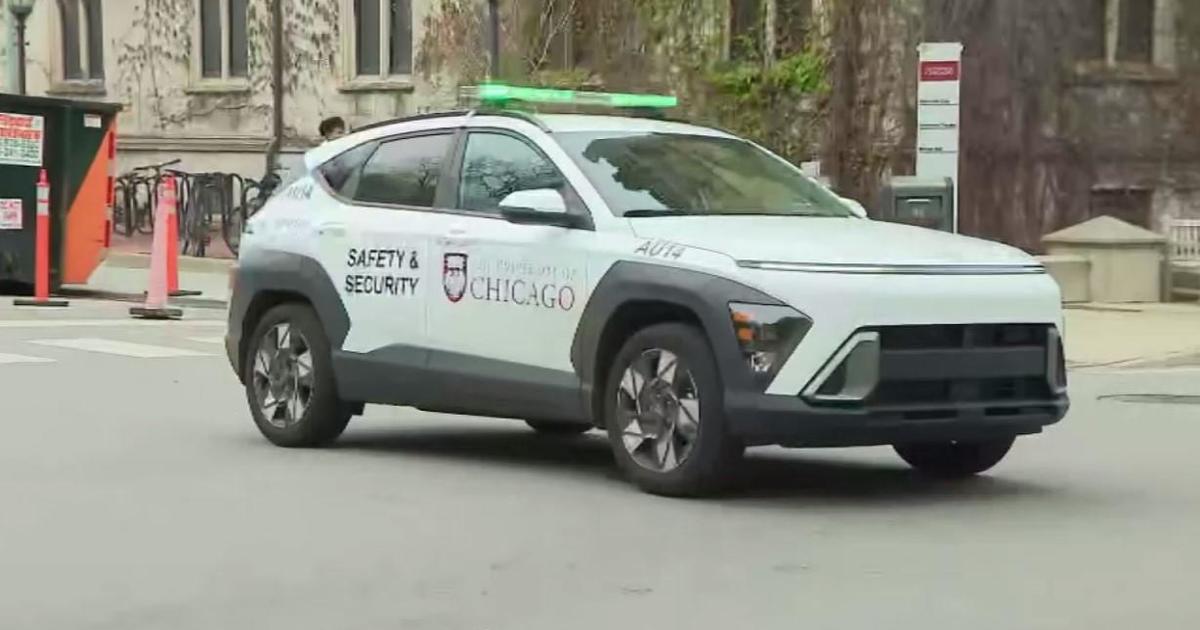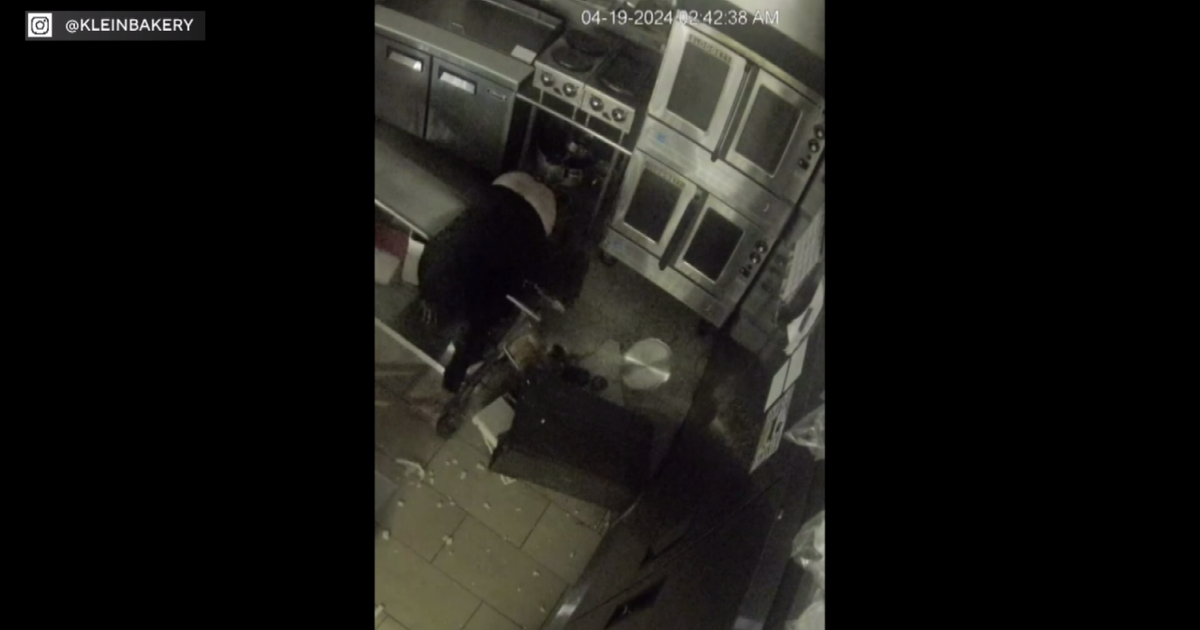'Supportive Surgery' Can Help Heart Patients Reduce Anxiety
CHICAGO (CBS) -- Some heart patients are getting a unique experience in the operating room. They're able to watch their own surgeries with their loved ones by their sides.
CBS 2's Mary Kay Kleist talks with one of the few doctors in the country performing this type of "supportive surgery."
Nancy McCracken and Hannah Moore don't know each other, but had the same type of minimally invasive surgery to repair a hole in their hearts.
"It was so bizarre," McCracken said. "It really was. Like, I couldn't imagine, I mean, how he would do it."
Eleven-year-old Hannah said, "I just felt a lot more happier that my mom was by my side."
Dr. Ziyad Hijazi, a cardiologist at Rush University Medical Center, performed both surgeries.
"Traditionally, when people do this, they do it under general anesthesia with echo guidance from the esophagus. What we have been doing is echo guidance from within the heart," he said.
To do that, the patient needs to be awake – under what's called conscious sedation – so the doctor and patient can still communicate.
But being awake can make some patients nervous, so Hijazi allows the patient to bring a loved one into the operating room.
"That partner, that person comforts the patient maybe alleviates some of their anxiety," he said.
That made all the difference in the world to Hannah and her mom.
"To have that device going in her heart as I was standing there, and I could see it, and she was awake, and we were talking, so that was amazing to me," Lisa Moore said.
Hannah and her mom sang songs together to pass time, and talked about upcoming vacations.
"It made me a lot more confident, because I knew that I wasn't alone and my mom wouldn't let anything happen to me," Hannah said.
McCracken's husband sat next to her during her surgery in June. She said just hearing his voice made her more confident.
"It was so calming," she said.
Her husband, Ken, said, "It was nice being in there. It was comforting knowing what they were doing, how they were doing it, watching it."
With less anesthesia than traditional surgery, there are fewer side effects for the patient, and more control for the doctor, because the patient isn't unconsciously moving around, and making the surgery more difficult.



